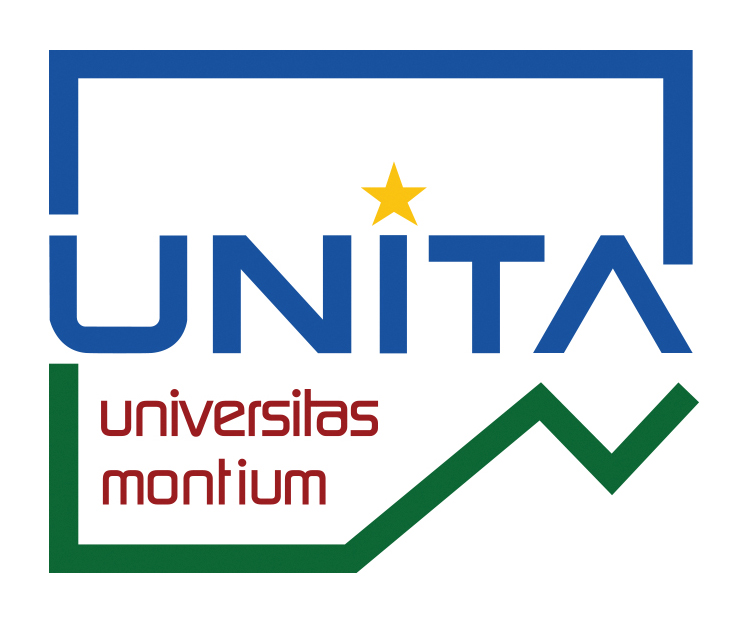The role of communities in vegetarian and vegan identity construction
Résumé
The recognition of the necessity to reduce meat consumption in affluent nations is now widely acknowledged. A large body of literature examines the personal factors that lead to meat reduction or avoidance, including the motivations and profiles of individuals. While excluding meat consumption from ones’ diet alone could be challenging, surprisingly, literature has sparsely examined the role of communities supporting this process, which includes both practices and convictions. This research seeks to make up for that and aims to investigate the impact of communities (both imagined and real) on the construction of vegetarian and vegan identities. To this end, nineteen semi-structured interviews were conducted with non-meat eaters, ten of whom underwent follow-up interviews. The analyses conducted focused on their practices, convictions, and interactions within communities. The findings revealed two major points: firstly, practices and convictions develop simultaneously and in relation to various types of communities; secondly, identity is constructed through both affiliation and differentiation processes. These findings offer strong theoretical and practical implications by contributing to the understanding of the impact of community-driven value-based identity built on conviction-based consumption practices. For brands, retailers and public policy makers, this research provides practical recommendations for promoting meat-free diets, not only through making information available but also by using the co-evolution of practice and convictions as leverage, and by empowering communities in the process.
Fichier principal
 Lucie Siriex JJRC-D-23-00644 13 6_postprint.pdf (566.75 Ko)
Télécharger le fichier
Lucie Siriex JJRC-D-23-00644 13 6_postprint.pdf (566.75 Ko)
Télécharger le fichier
| Origine | Fichiers produits par l'(les) auteur(s) |
|---|---|
| Licence |





